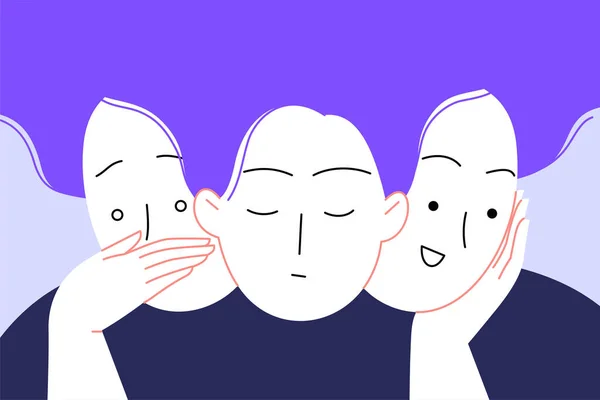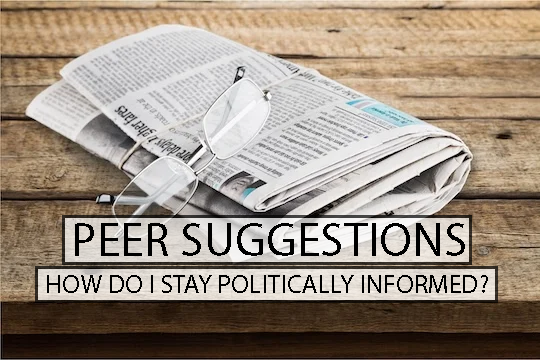Information on Personality Disorders

Some of the most undiagnosed disorders in the realm of mental health are personality disorders. This is because individuals who suffer from personality disorders typically cannot identify them. They are said to usually be under the impression that the world or others are problemed and not themselves. This can also be what hinders them, in some situations, from getting help.
These personality disorders are separated into clusters. There are clusters A, B, and C. The first cluster, Cluster A, is characterized by odd, eccentric thinking or behavior. This cluster includes paranoid personality disorder, schizoid personality disorder, and schizotypal personality disorder. A few symptoms of paranoid personality disorder would be extreme distrust and suspicion of others and their motives, unjustified beliefs that others are trying to harm or deceive you, and unjustified suspicion of the loyalty or trustworthiness of others. Symptoms of this nature would fall under possible paranoid personality disorder. Schizoid personality disorder has symptoms such as no desire or enjoyment in close relationships.
They are often seen as loners and may be emotionally cold or detached. Social isolation, indifference to praise, lack of close friends, limited range of emotions, reduced sex drive, and relationship avoidance may be experienced. Symptoms of schizotypal personality disorder consist of peculiar, eccentric, or unusual thinking, beliefs, or mannerisms. These individuals may also experience suspicions, paranoid thoughts, or doubts about others’ loyalty or motives. They may also believe in special powers (ex: telepathy or superstitions) and have unusual perceptions (ex: sensing an absent person’s presence or having illusions).
Cluster B personality disorders are characterized by dramatic, overly emotional, or unpredictable thinking and behavior. This cluster includes antisocial personality disorder, borderline personality disorder, histrionic personality disorder, and narcissistic personality disorder. Antisocial personality disorder’s symptoms consist of things like, possibly, criminal activity, lying, acting impulsively, and having a lack of regard for their own safety and the safety of others. Borderline personality disorder symptoms consist of emotional instability, feelings of worthlessness, insecurity, impulsivity, and impaired social relationships. Histrionic personality disorder’s symptomology consists of attention seeking, speaking dramatically with strong opinions, being easily influenced, rapidly changing emotions, and thinking relationships are closer than they are. At times, these individuals will seek attention sexually too. People with narcissistic personality disorder have traits such as the excessive need for admiration, disregard for others’ feelings, an inability to handle any criticism, and a sense of entitlement typically accompanies these individuals.
Cluster C personality disorders are characterized by anxious, fearful thinking or behavior. This cluster includes avoidant personality disorder, dependent personality disorder, and obsessive-compulsive personality disorder. Avoidant personality disorder symptoms are extreme shyness, fear of ridicule, do not take criticism well, over-analyze comments, and may be overly concerned with looking foolish. These people fear judgment. People with dependent personality disorder typically avoid personal responsibilities, have difficulty being alone, fear abandonment, feel a sense of helplessness when relationships end, are overly sensitive to criticism, are pessimistic, lack self-confidence, and have trouble making decisions. Lastly, individuals with obsessive-compulsive personality disorder typically are overly devoted to work, struggle to throw things away (even when objects lack value), lack flexibility, lack generosity at times, struggle with allowing others to perform tasks, struggle with showing affection, and are very preoccupied with details, rules, and lists. These individuals have an extreme preference for how they desire things to go.
Personality disorders are not discussed as much as they should be. There seems to be a lack of awareness about these disorders. If more information is spread and gained on these disorders by the public, more people might be able to identify that they might have a certain disorder and be able to seek assistance for it. These individuals deserve to be happy and lead a life they can be proud of, just as everyone has the right to do so.







